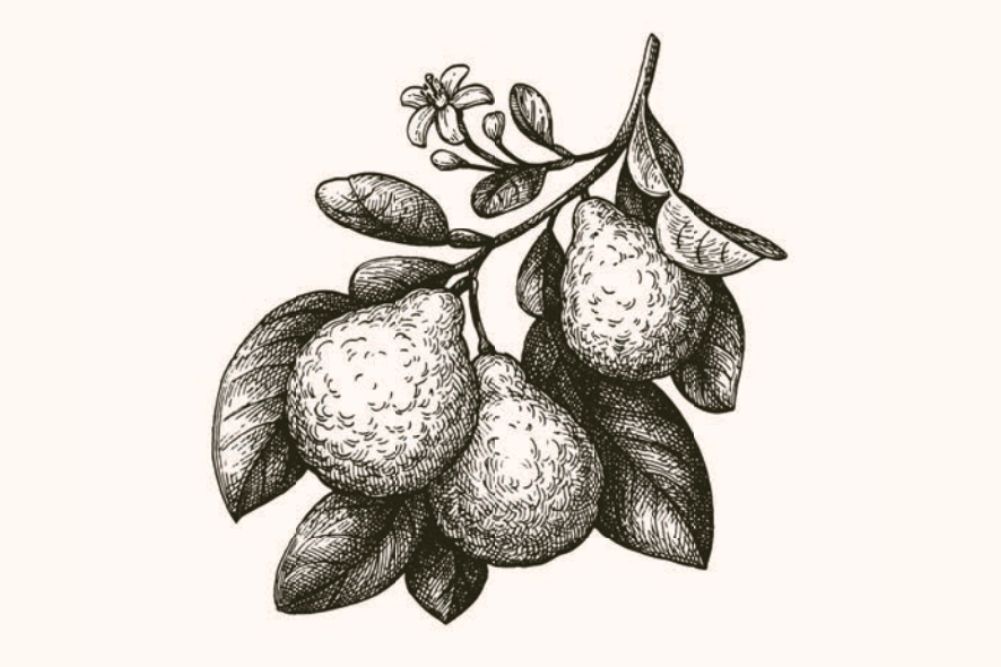Calcium: the low-down
Calcium is a necessary ingredient for our heath. There are a number of misconceptions about where the best sources of calcium come from and how much is needed by the body.
Quite often the words “milk” and “calcium” become almost interchangeable, especially with regard to children, but milk is not necessarily a good source of calcium for the body. In fact many people believe that a baby should not be given dairy products once it is weaned. No other animal takes milk after weaning its young except us humans. There are also other instances that dairy products may not be good for you, such as in the case of having sinus problems or the body forming calcium stones.
Dairy products cause mucus in the body and, if you suffer from chest problems, sinus or even asthma, you need to limit your intake of dairy products especially milk substances. In fact it’s a good idea to cut them out completely. Similarly, if your body tends to form calcium stones (kidney or gall stones), it is advisable to limit your calcium intake. Some researchers believe that consuming too much calcium in order to prevent osteoporosis as we get older can lead to mineral deficiencies and increase risk of thyroid problems, obesity, diabetes and even heart disease.
There is a fine balance needed here because it is important to have enough calcium as you get older to protect your bones and keep them strong. This holds true especially for women as they go through menopause. That is why it’s helpful to have a natural practitioner to advise you on exactly how much calcium your body needs and not just take supplements off the shelf because you don’t know how they will affect you.
Over the years it is has become more common for people to have difficulties digesting milk and, in particular, lactose. This may be due to the denatured substances around us, to the standard of milk products, to the health of the cows or the quality of the foods they are eating – just to name a few issues that could be involved.
If you must have milk, lactose-free milk is now readily available at supermarkets. There are many supplements that will help you lower your inflammation levels and you can increase your lactase levels so the lactose intolerance is not such a big issue. Yoghurt sometimes has more calcium than milk and, as a rule, can be easier to digest, however the best source of calcium is green vegetables since they also have vitamin K, which is a must for strong bones. When it comes to measuring the calcium content in foods, however, you will find that something as simple as turnip greens will have more than three times the calcium contained in whole milk.
Often when we talk about milk we automatically mean the pasteurised kind and this is part of the issue. Pasteurisation often makes the calcium in milk unable to be absorbed properly. This in itself can lead to deficiencies despite the milk intake. Sufficient calcium is important for children who don’t always eat their vegetables, so it becomes an issue. Pasteurisation also destroys vitamin C. Add to this the fact that many of our foods are being genetically modified, without us knowing, and milk no longer seems that healthy at all.
Non-dairy foods high in calcium are: salmon and sardines; sesame seeds; dark green vegetables such as spinach, kale, turnips; dry beans; okra. Add raw milk to this list, as it does not have the same effect when it is metabolised in the body, plus some vitamin D to assist calcium absorption and some exercise to build up those muscles and your assimilation levels will soon increase. Make sure also that your children get the correct supplements and spend time playing a sport out in the sun for their vitamin D levels. Sometimes this is a difficult feat with all the technological distractions these days so why not make it a family event to spend some time on the weekend out and about getting healthy?








